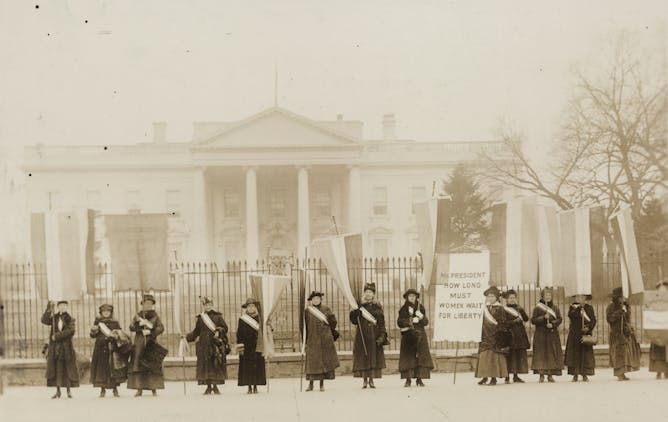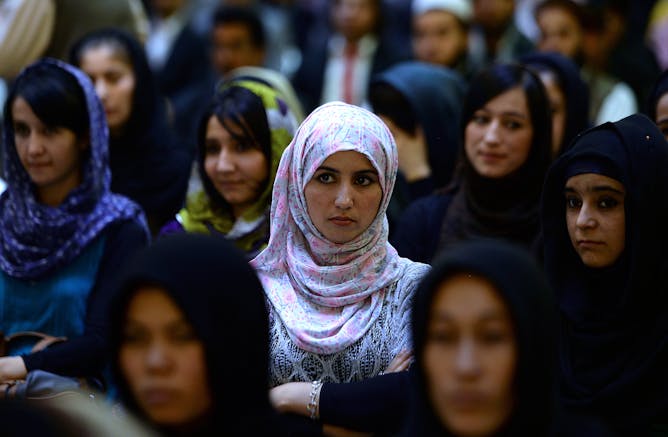|
Almost a month ago, I got a pitch from a renowned scholar of psychology, Arie Kruglanski. Well known for his work on violent extremism, Kruglanski proposed a story about another of his specialties – the quest for significance and respect. This is a guy who knows how to get an editor’s attention: Propose a story about a big, sweeping subject, but link it to something that’s happening right now.
“President Biden hit the proverbial nail on the head when he stressed in his townhall meeting the issue of dignity and respect,” Kruglanski wrote. “Indeed that motivation is arguably the most important social motivation that virtually makes the world go round… It is a motivation responsible for the Deaths of Despair ( a book by Case and Deaton), the recent wave of suicides among working class Americans, it is a motivation responsible for the adaptation of various conspiracy theories, for the rift in the Republican party and for social protests on the other side of things (Black Lives Matter movement for one).”
A grand theory that can knit together and explain many of the events and phenomena in the news? Sold. That’s the kind of story I believe serves you, our readers, by opening up new ways to understand our world. You can read Kruglanski's story right here.
|

Unemployed Blackjewel coal miners, their family members and activists man a blockade along railroad tracks leading to their old mine on Aug. 23, 2019, in Cumberland, Kentucky.
Scott Olson/Getty Images
Arie Kruglanski, University of Maryland
The quest for significance and respect is a universal part of human nature. It has the potential to inspire great works – but lately, it has been much in evidence tearing society apart.
|

Women protested outside the White House in 1917, seeking the right to vote.
Harris & Ewing via Library of Congress
Joan Naturale, Rochester Institute of Technology
Despite harsh, discriminatory conditions, low pay and lack of appreciation, deaf women have fought with brilliance and dedication for personal and professional recognition, including the right to vote.
|

Audience members listen to Afghan parliamentarian Fawzia Koofi speak in 2014. Women’s access to politics increased greatly after the Taliban’s 2001 ouster.
Sha Marai/AFP via Getty Images
Mona Tajali, Agnes Scott College; Homa Hoodfar, Concordia University
Afghan women interviewed about current talks between the government and the Taliban say, 'There is no going back.' Taliban fundamentalist rule in the 1990s forced women into poverty and subservience.
|
|
|
-
James Shanahan, Indiana University
How many Americans really have lost touch with reality?
-
Eli Gottlieb, George Washington University
A tweet led a scholar to consider how misinformation is changing the ways we evaluate information and trust others.
-
Bryan Keogh, The Conversation
Four articles from The Conversation US archive provide context and analysis on the historic legislation.
-
Jeffrey L. Littlejohn, Sam Houston State University; Aaron David Hyams, Sam Houston State University; Kristin Henze, Sam Houston State University; Zachary Montz, Sam Houston State University
Texas' most famous statesman, Sam Houston, was a slave owner who opposed the Confederacy. But white Texans tend to omit his dissent in current debates over removing Confederate markers.
|
|